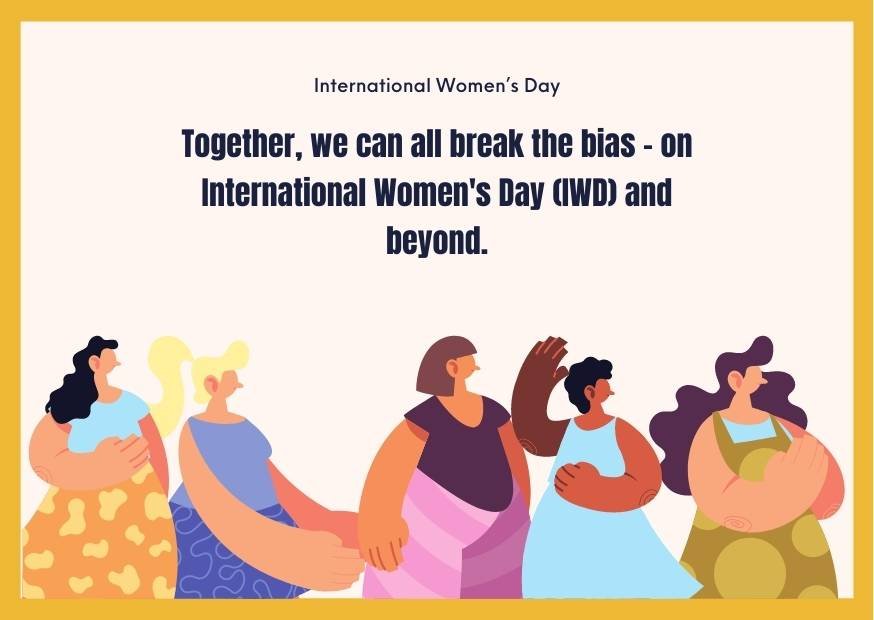Confirmation bias is the tendency to seek out the interpretation, and then choose evidence that is in support of one's beliefs. This is especially prevalent when it comes to deeply held convictions and emotional-charged topics. Evidence that is clear can be seen as supporting the person's current belief system. Interpretation bias and biased search memory, memory and interpretation are theories that could explain the phenomenon of attitudes polarization (when disagreements get more extreme after having similar evidence) and beliefs persist (when beliefs persist even when rejected) and the irrational primacy results (a more reliance on the earliest information in a sequence), and the illusory correlation (when people believe that there is a connection between two instances). Confirmation biases can cause the overconfidence of the personal beliefs of individuals. They are also employed to reinforce or maintain beliefs despite the absence of evidence. These biases can result in poor choices in political and organizational contexts.
Tuesday, 10 January 2023
Subscribe to:
Post Comments (Atom)
Alice Eve
Eve was a TV dramas like the BBC's The Rotary Club, Agatha Christie’s Poirot and Hawking. She also appeared in comedy films, Starter f...

-
Eve was a TV dramas like the BBC's The Rotary Club, Agatha Christie’s Poirot and Hawking. She also appeared in comedy films, Starter f...
-
Aaron Charles Rodgers (born December 2nd 1983) is also known by the nickname A-Rod, is an American football quarterback for the Green Bay ...
-
Lisa Pemberton is most well-known for her role as the wife of American-Canadian musician Paul Anka. Lisa hasn't revealed details of ...

No comments:
Post a Comment